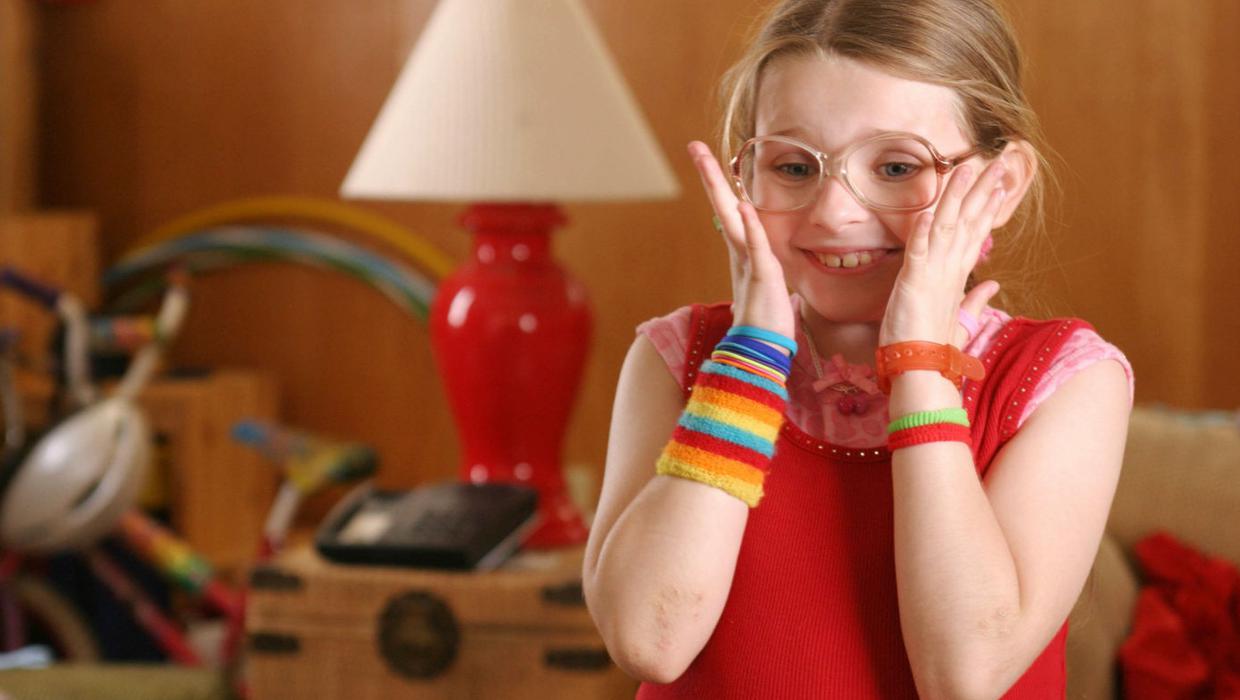By Karen - 04 August 2021

When I watched the movie trailer, I completely thought that this "Little Miss Sunshine" was a children's or family comedy.
When I finally walked out of the cinema, the emotion in my heart could not be fully expressed in words.
This movie, which looks like a family comedy, conveys such a profound message. This humorous film with a simple plot and shooting technique actually expresses the most essential and primitive thinking about life: how do we deal with failure when ideals deviate from reality? Or, how should failure and success be defined? How should we endure when every step of the effort has been extremely correct but the wrong results are still obtained?
Such profound philosophical thinking asks me to analyze how to spread three large pieces of paper. Regardless of whether it is clear or not, the tone is always serious, heavy or even dull. In the same way, if I want to watch a philosophical movie with such a serious tone and tone, I always have to take the time and place seriously.
But this "Little Miss Sunshine" is not. It comes up with ridicule, satire, and funny. The human nature of gloating for misfortune was firmly grasped by the director, allowing the audience to laugh while watching how the unlucky family unfolded the story. At the end, I was still laughing at the bad luck of their family and the bad luck of the world. I was ridiculously smiled and my heart was suddenly moved. This kind of moving is very chaotic, it does not belong to the "soft part of the heart being touched" at all, and it is impossible to clearly describe what caused the tears to be laughed; but there seems to be a long-doubt problem in the brain that has finally been solved. Yes, but it's not refreshing and clear enough. That's the meaning, the shock, and it's a long aftertaste. This feeling is exactly what the title of the film is: like a warmth of sunshine in a cloudy sky. A touch, not the scorching and extensive summer sun without any explanation.
This is the end, it is this "a touch of sunshine" expression technique that contains huge energy. I have stated many times that the artistic expression that I admire most is slight, implicit, and even "silent is better than sound". The director presents the vague or even chaotic original images to the audience, fully trusting the audience's IQ, and fully respecting the audience's re-creation. If necessary, highlight the key points of the message in the film through the dialogue or behavior of the characters, but not far-fetched or sentimental. In other words, even if it is sensational, there must be no trace of the heavy snow. The film will never let the audience feel the presence of the director from the beginning to the end. Only when you think about it afterwards do you realize the wonderfulness of such a treatment. "Little Miss Sunshine" basically achieved this. Of course, the final treatment of the contradiction in the film is very exaggerated, which makes people worry about "I don't know how to end it"; but I really appreciate the final shot. Close, as for whether the protagonists' future is pessimistic or optimistic, it is no longer within the director's control. How to fill in the latter blank depends on the audience's attitude towards life. It is likely that this deep subconscious collision between the film and the audience has created the greatest source of "tears in laughter".
As of today, I have watched this movie for more than three weeks, but from time to time there will still be a scene in the movie or the brilliant smile of the protagonist girl Oliver. This is not because of how deep the movie is or how relaxing it is, but because of its warmth, because I miss the tearful touch of laughter. Such a moment of purity and cleanliness makes me believe that the world is still beautiful, and that certain emotions, even if they are small and immature, can not even withstand scrutiny, but because of their sincerity, they can become an extremely treasured touch of sunshine in life.


